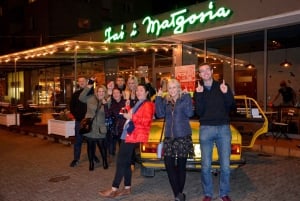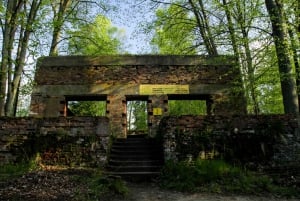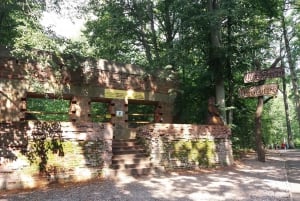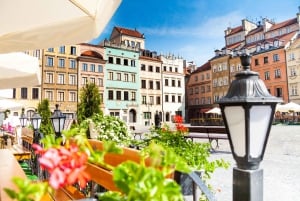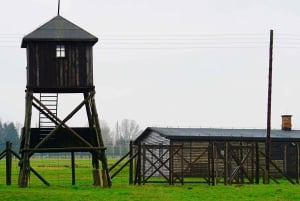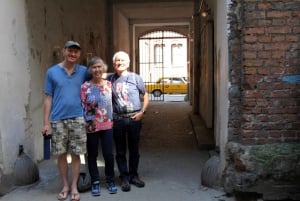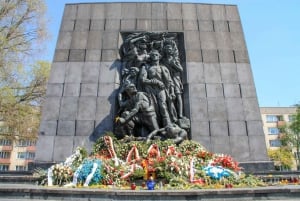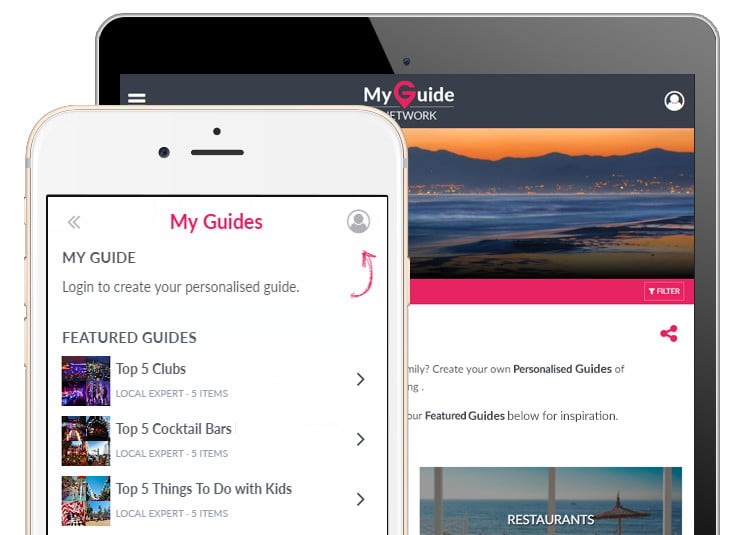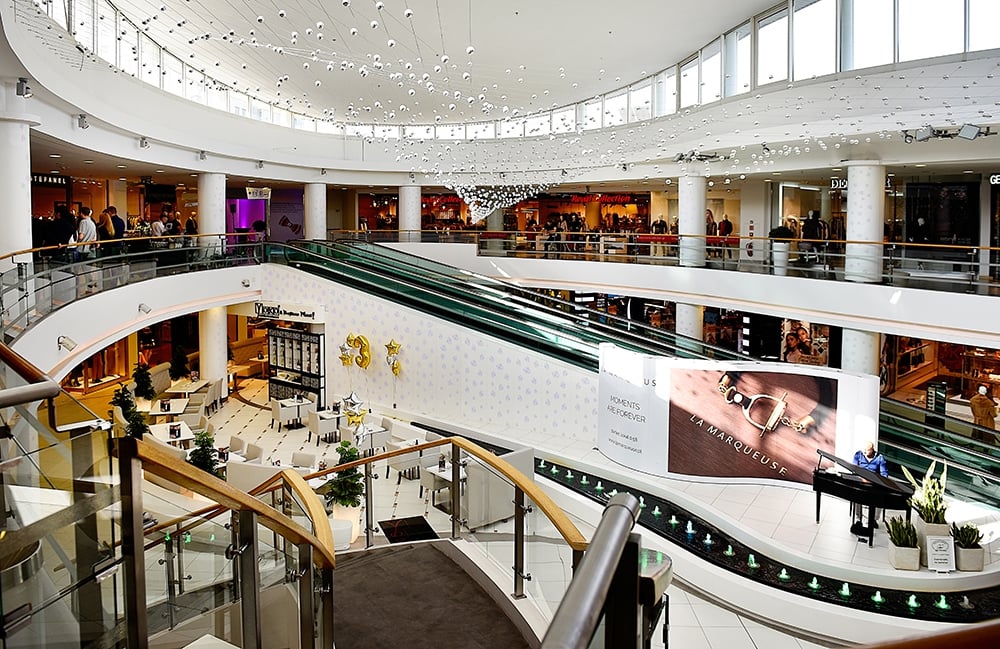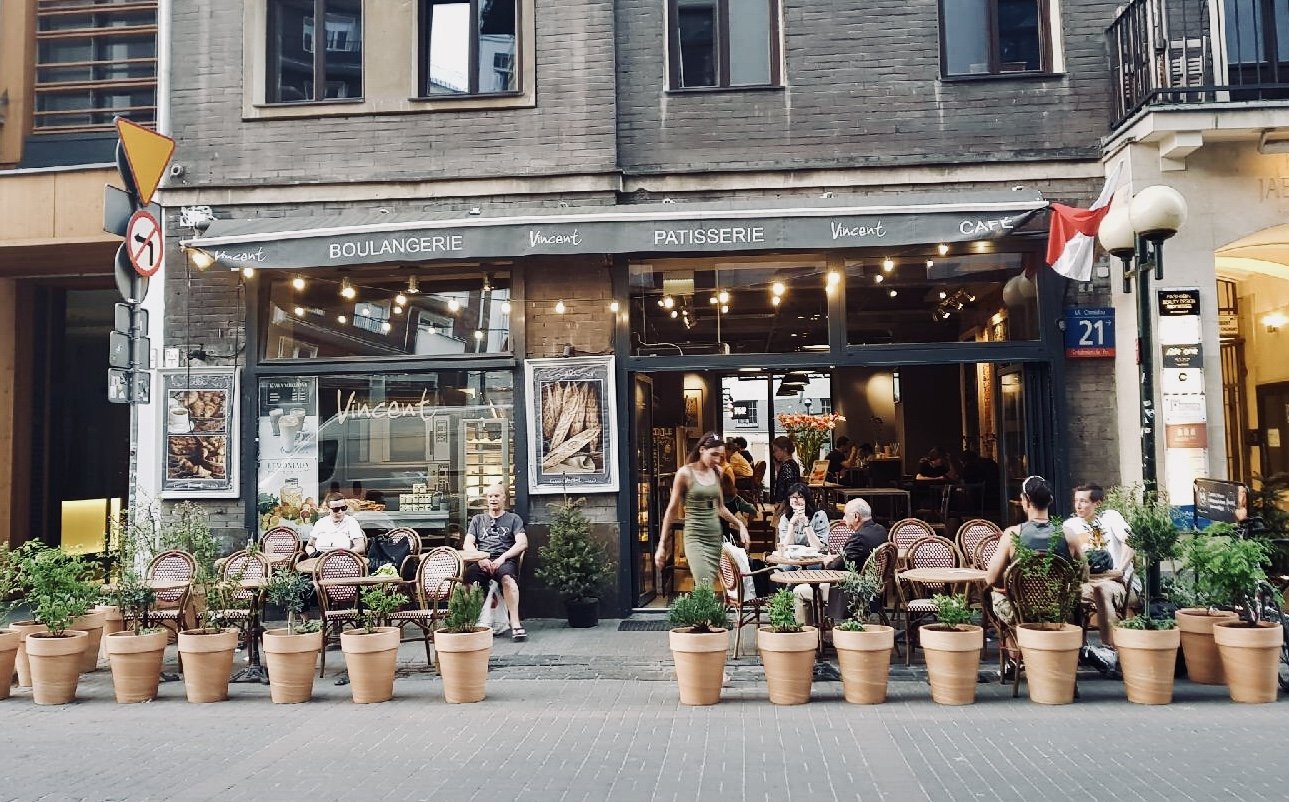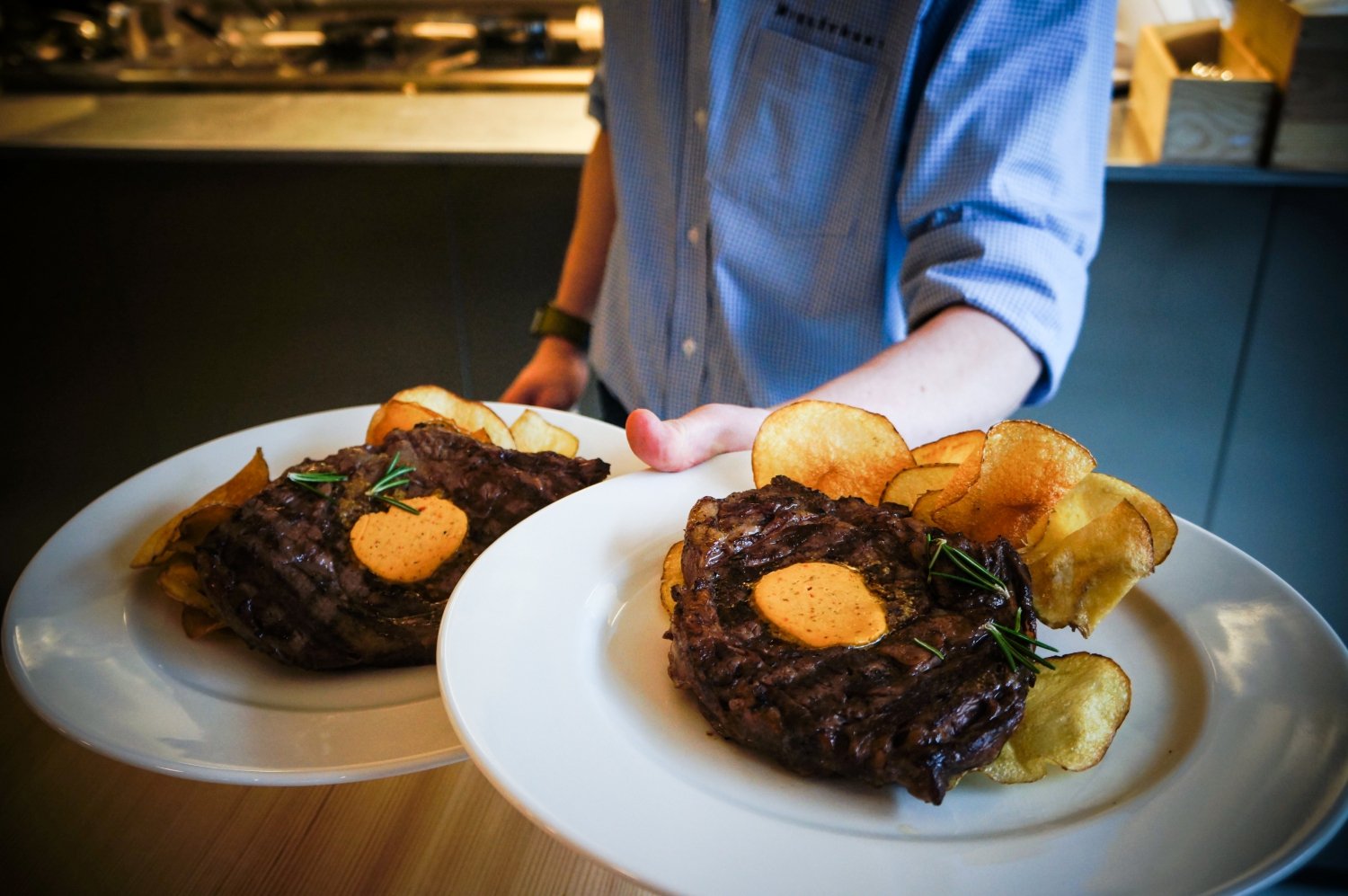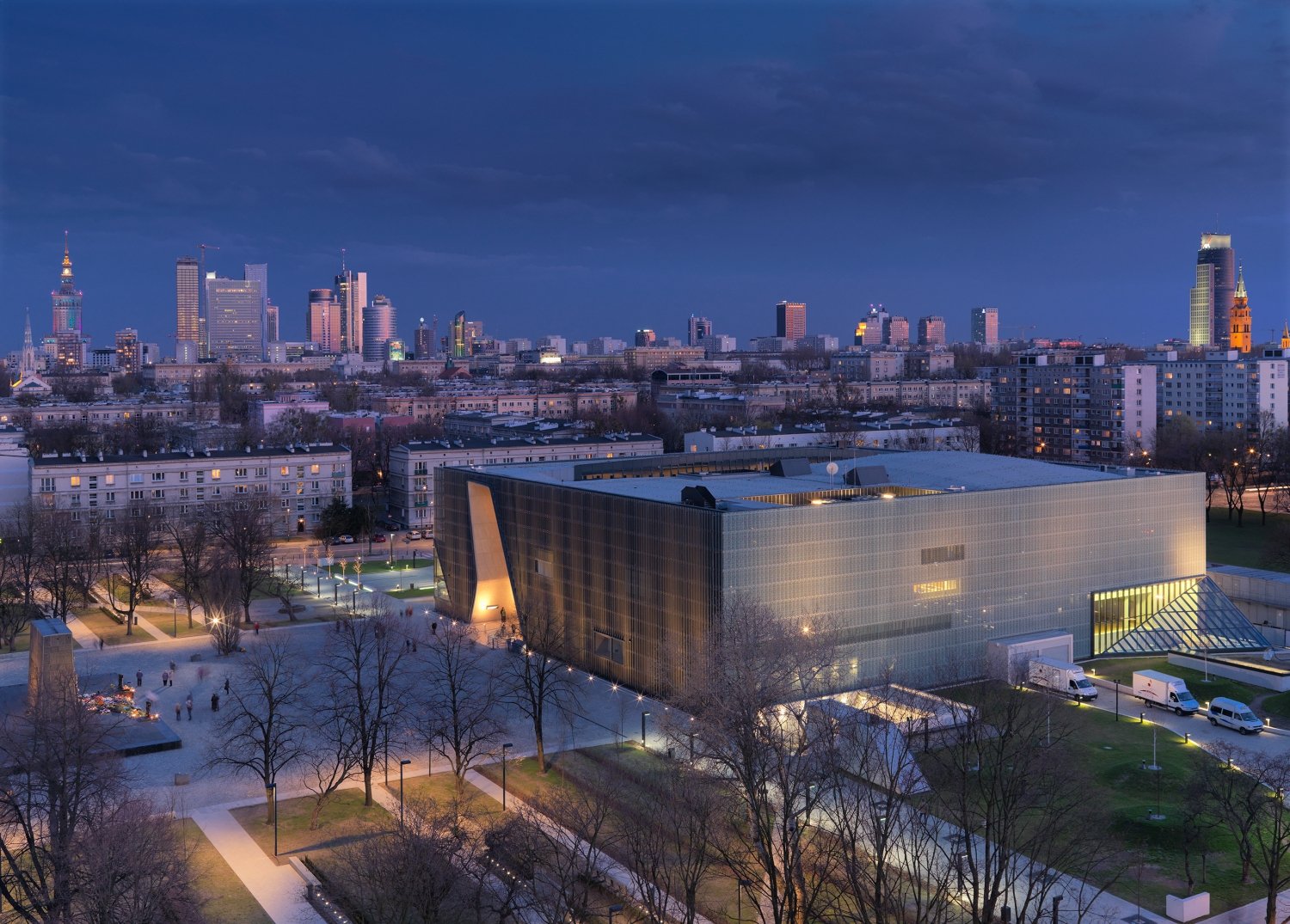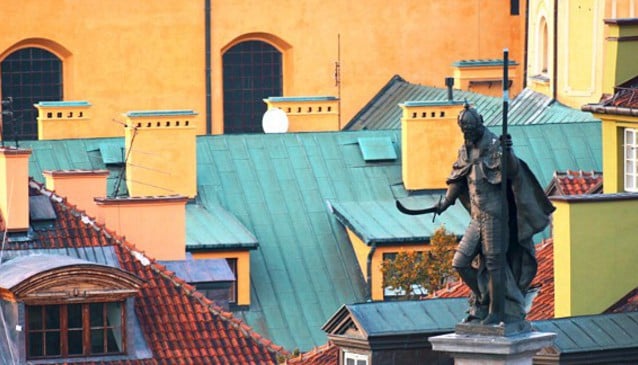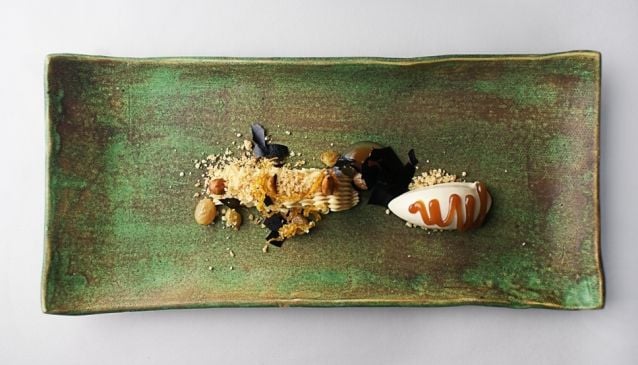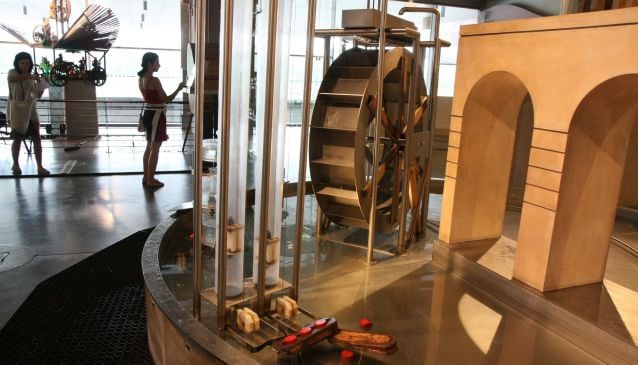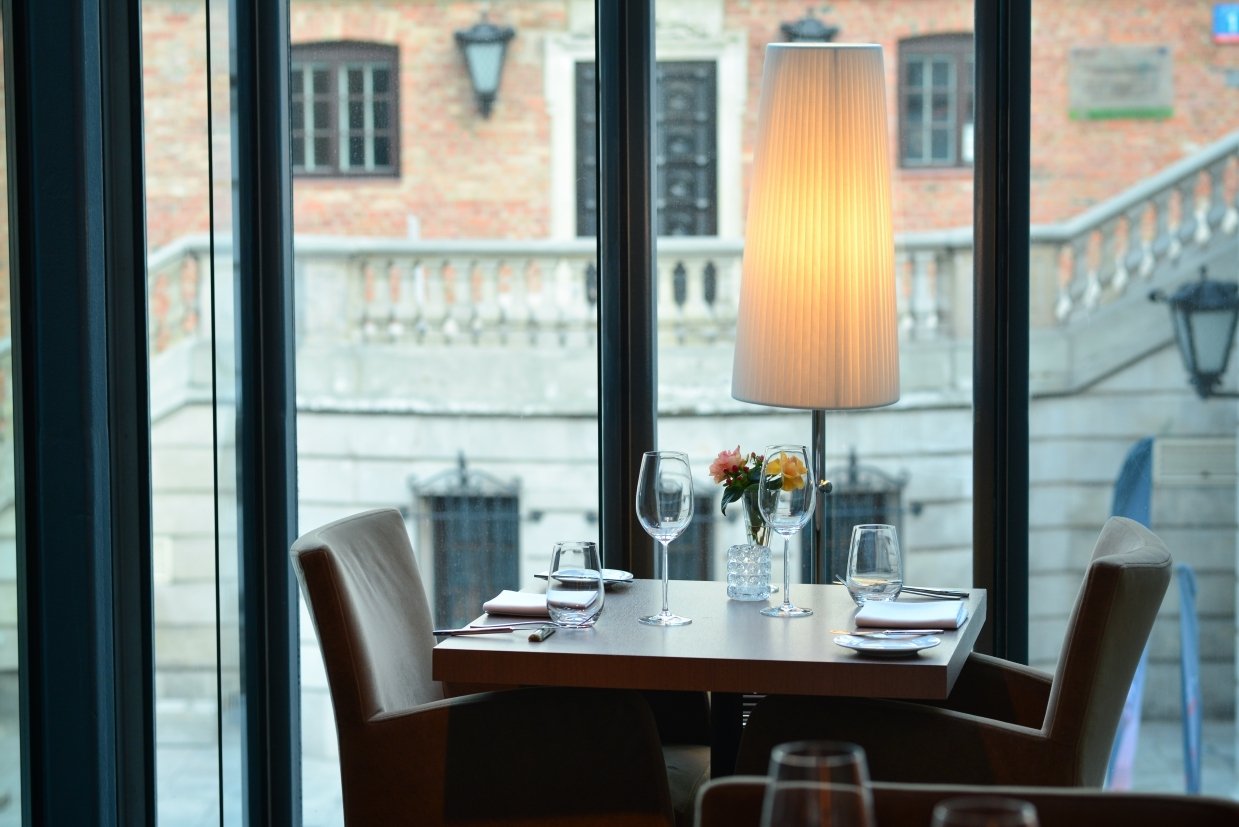Practical Information
TIPPING
Service generally isn’t included in the bill, but tipping is not necessarily expected, although always appreciated. Especially if you’re paying in cash, it’s typical to just round up to the next bill. The waiter may expect this, and if you say "Thank you" when you hand him your cash, he may take this as a sign that you don’t want change, so if this isn’t your plan, wait until you’ve got your change first and leave your spare coins on the table. Otherwise, a 10 percent tip is probably the norm.
BARGAINING
Bargaining is not all that common in Poland, although you can feel free to haggle for a better price at outdoor markets and street-side stands. You may not be able to get a significant reduction, but you can at least round the price down a bit.
BUSINESS HOURS
Business hours vary greatly depending on size and service. Standard office hours are 8:00-17:00. Most banks operate from 9:00 to 15:00.
Small shops and boutiques are generally open from 10:00 to 19:00 or 20:00, and small food shops and delicatessens have similar hours, with some bakeries opening as early as 5:00.
Open-air markets run from the early morning until about 17:00 on weekdays, half days on Saturdays and are closed on Sundays. Smaller shops often close early on Saturdays and remain closed on Sundays as well.
Large shopping centres can stay open until 22:00, and hypermarkets outside the city centre often have 24-hour service.
TIME
Local time in Poland is Central European Standard Time (CEST), which is GMT + 1 hour.
As Warsaw is on the eastern extremity of the European time zone, days tend to start and end rather early, with mid-winter dawn breaking sometime after 7:00AM – in time for typical morning traffic – and sunset falling close to 3:30PM, while in the summer you can expect to see the pink dawn skies well before 4:00AM as you stumble home after a night out, and watch the sunset as early as 9:00PM, even on Midsummer’s Eve.
POST OFFICES
Poczta Polska, the Polish Postal Service, is clearly marked with a blue sign displaying a yellow horn. Post offices are easy to find throughout the city.
Warsaw’s Main Post Office (Poczta Glowna) is located at 31/33 Swietokrzyska Street. This location also has a fax service, and it operates 24 hours a day. Other larger post offices should be open between 8:00 and 20:00; smaller locations are often open between 9:00 and 14:00 or 10:00 and 15:00 on weekdays, and closed at weekends.
Don’t expect fantastically fast service – even express and priority mail can take several weeks to reach their destination. In extreme cases, letters have been known to show up after a few months. If you want to receive mail or packages during your stay, and have no fixed address, poste restante (addressed to the Main Post Office) is your best bet.
Besides mailing and receiving letters and packages, you can also settle bills at the post office. Many small items, such as toiletries, dish soap and tights, can be purchased.
WATER
Polish tap water is officially regarded as safe for drinking, but as you will hardly ever see locals drinking from the tap, it’s a good idea to follow suit and buy your water bottled – unless your living arrangements include a water filter. Most people boil ordinary tap water for tea and coffee.
ELECTRICITY
Poland’s electrical current is 230 volt 50 Hz AC. Standard two-prong European plugs are used; visitors from countries like the US, UK and Ireland will need plug adaptors.
INTERNET
Internet access can be found virtually anywhere in the city centre, with free access in most cafés and bars, and often in hotels and hostels. If you haven’t brought your laptop, it’s not too difficult to locate an internet café, especially in a large city like Warsaw.
PHONES
There are public telephones in Warsaw, but to use them you’ll have to get a special phone card – virtually none of the phone boxes run on coins. Phone cards are available at any kiosk and at most small shops. If you’re staying for a bit longer and have an "unlocked" mobile, it may be worthwhile to get a prepaid SIM card, which start at around 10PLN.
TOILETS
Public toilets are few and far between in Warsaw. Your best bet is to take advantage of the ones in the restaurants, cafés or museums you stop at. You can find free toilets in major shopping centres, the most central being Zloty Tarasy, next to the main train station. University buildings are public property and therefore entry is technically free to all, including entry into university toilet facilities, although these may be difficult to find.
You’ll find pay toilets at the train station and all metro stations; you can also pay to use the toilet in many cafés (or ask the waiter nicely if you can use it for free.) The cost is usually 1 or 2 zloty. Occasionally, you may come across an older public toilet facility where you have to pick up your ration of toilet paper (papier toaletowy) at the counter before going in – a remnant of the good old communist days when toilet paper was a rare commodity.
Finding the toilet is only half the battle; choosing the right door is another matter. Polish toilets tend to use graphic symbols to indicate which is which – a circle for the ladies, and a downward-pointing triangle for the gentlemen (the logic behind these seems to be anatomical, although your guess is as good as any.) You may also encounter the words damski, zenski, K (for kobiety) or dla pan on the ladies’ door, and meski, M or dla panow on the gents’ door.



